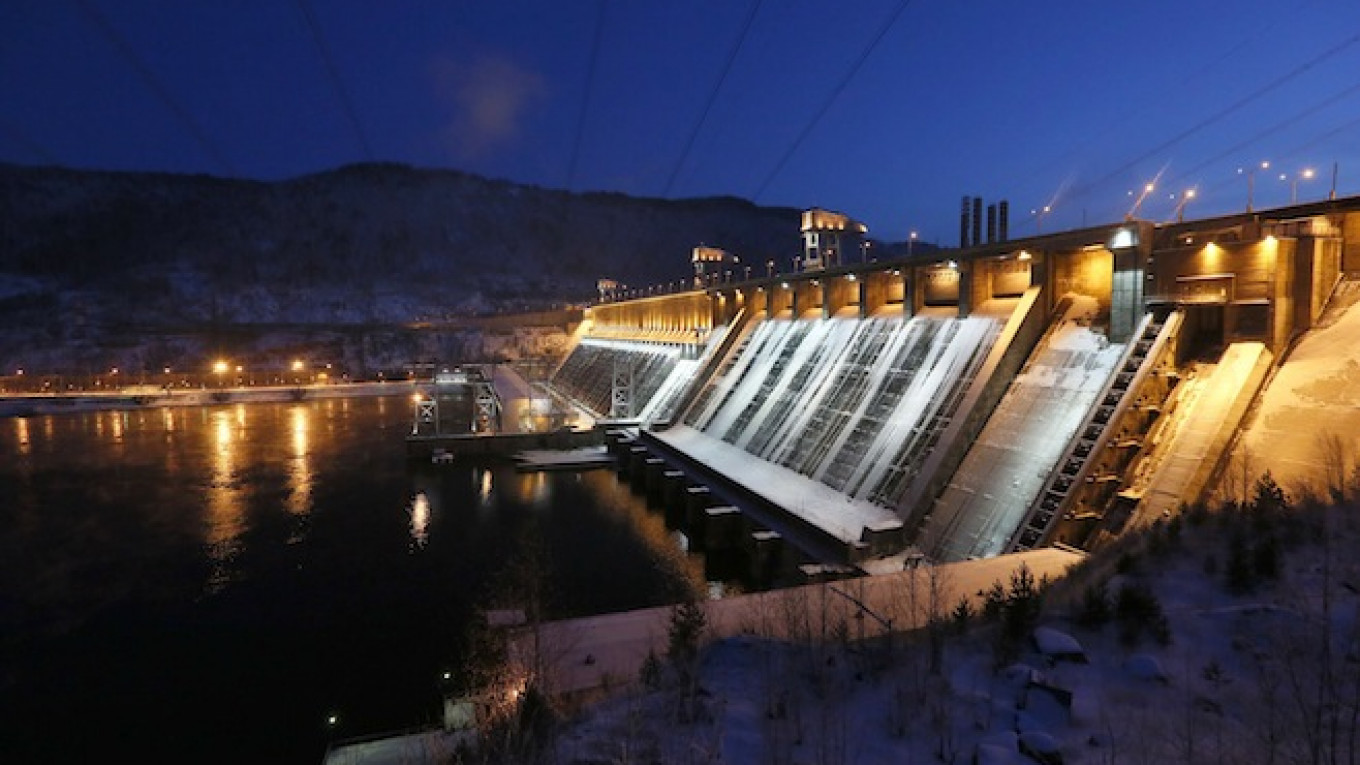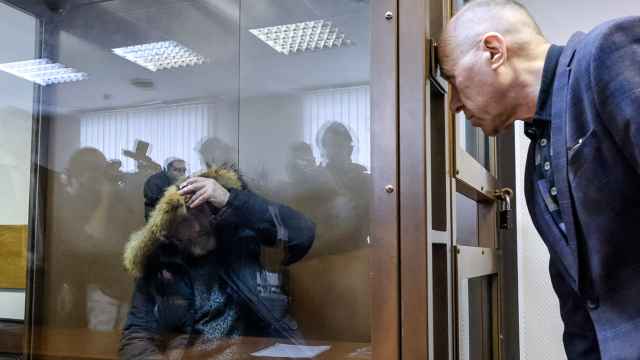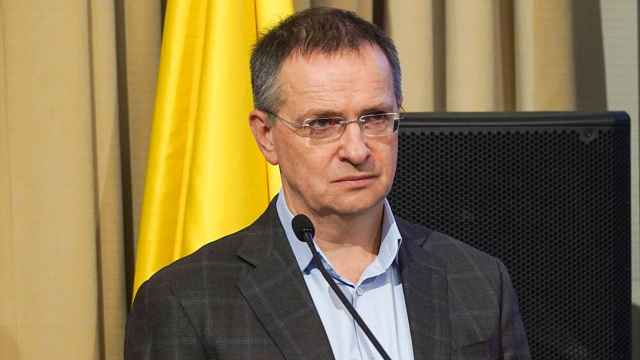NEW DELHI — The Russian Direct Investment Fund (RDIF) will team up with an Indian partner to invest $1 billion in hydroelectric projects in Asia's third-largest economy, the head of the Russian state fund said Wednesday.
The RDIF and India's IDFC, a leading infrastructure investor, will each commit $500 million to projects under a deal to be signed on Thursday during Russian President Vladimir Putin's visit to India.
Prime Minister Narendra Modi wants to overcome India's chronic power shortages, and the country has vast untapped hydroelectric potential in its northern Himalayan belt.
RDIF head Kirill Dmitriev told Reuters that the investments would back projects involving a large Russian hydro-power company but he declined to name the company.
The only large Russian player in this area is state-controlled RusHydro. RusHydro's spokeswoman Yelena Vishnyakova could not immediately be reached by for comment.
IDFC, which is 16 percent state owned, confirmed it would sign a partnership with RDIF but declined to comment on the details.
The Russian fund was set up in 2011 with $10 billion in state funds. It can back investments as long as its partners match it at least dollar for dollar. Dmitriev said he expected to commit funds to the Indian projects next year.
The RDIF has so far invested $1.3 billion of its own money along with $6 billion by outside investors, mainly sovereign wealth funds from the Middle East and Asia.
Dmitriev said the RDIF had managed to turn profits on investments in a Russian telecoms company and the Moscow stock exchange despite Western sanctions, a slowing economy and sliding oil prices.
A Message from The Moscow Times:
Dear readers,
We are facing unprecedented challenges. Russia's Prosecutor General's Office has designated The Moscow Times as an "undesirable" organization, criminalizing our work and putting our staff at risk of prosecution. This follows our earlier unjust labeling as a "foreign agent."
These actions are direct attempts to silence independent journalism in Russia. The authorities claim our work "discredits the decisions of the Russian leadership." We see things differently: we strive to provide accurate, unbiased reporting on Russia.
We, the journalists of The Moscow Times, refuse to be silenced. But to continue our work, we need your help.
Your support, no matter how small, makes a world of difference. If you can, please support us monthly starting from just $2. It's quick to set up, and every contribution makes a significant impact.
By supporting The Moscow Times, you're defending open, independent journalism in the face of repression. Thank you for standing with us.
Remind me later.






